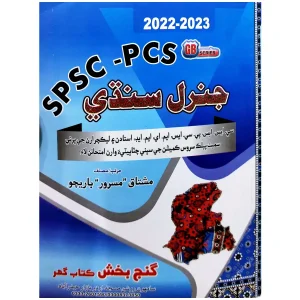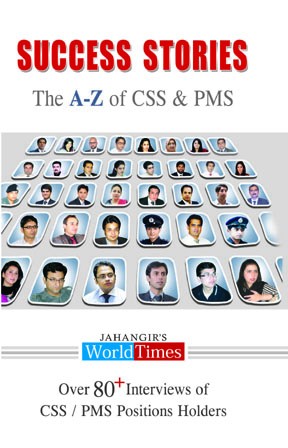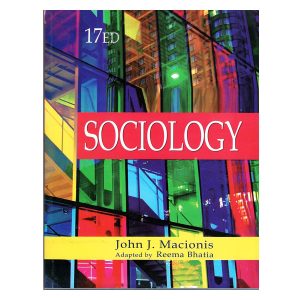
Sociology 17th Edition By John J. Macionis
![]()
Title: Sociology
Author: John J. Macionis
Edition: Seventeen
Recommended: FPSC
Subject: CSS/PMS Sociology
HOW TO BUY ONLINE .? CALL/SMS 03336042057
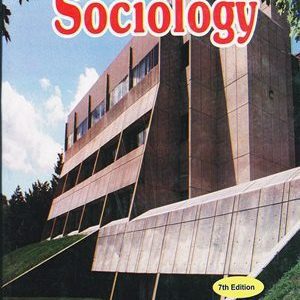
Sociology By C.N Shankar Rao
Title: Sociology
Author: C.N Shankar Rao
Pages: 890
Subject: Sociology
HOW TO BUY ONLINE ? CALL/SMS 03336042057
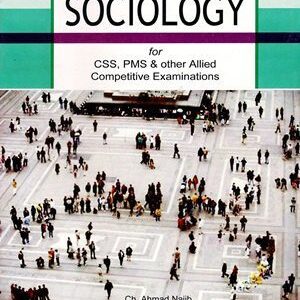
Sociology By Ch Ahmad Najib Caravan
Title: Sociology CSS, PMS
Author: Ch. Ahmad Najib
Pages: 426
Publisher: Caravan Publication
Subject: Sociology
Sociology By Ch Ahmad Najib Caravan
How to Order Online ? Call/SMS 03336042057 – 0726540141
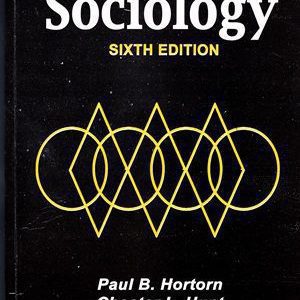
Sociology By Horton Hunt Sixth Edition
Title: Sociology
Authors: Horton Hunt
Edition: Sixth Edition
Pages: 633
Subject: Sociology
HOW TO BUY ONLINE ? CALL US AT 0726540141 OR CALL/SMS 03336042057
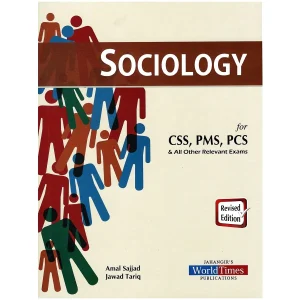
Sociology CSS – PMS By Amal Sajjad JWT
Title: Sociology
Authors: Amal Sajjad & Jawad Tariq
Publisher: Jahangir World Times
Pages: 200
Latest and Revised Edition
Subject: CSS/PMS Sociology
Sociology CSS – PMS By Amal Sajjad JWT
How to Order Online ? Call/SMS 03336042057 – 0726540141
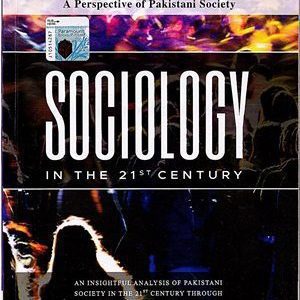
Sociology in The 21st Century J J Baloch
Title: Sociology in The 21st Century
Authors: J.J.Baloch
Publisher: Paramount
Pages: 459
Subject: Sociology
HOW TO BUY ONLINE ? CALL US AT 0726540141 OR CALL/SMS 03336042057
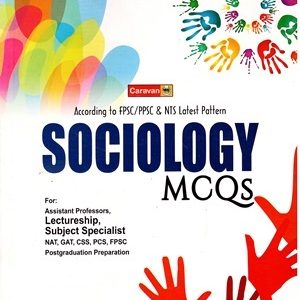
Sociology MCQs By Caravan Publisher
Title: Sociology MCQs
Publisher: Caravan Publisher
Pages: 204
Subject: CSS/PMS Sociology
HOW TO BUY ONLINE ? CALL/SMS 03336042057
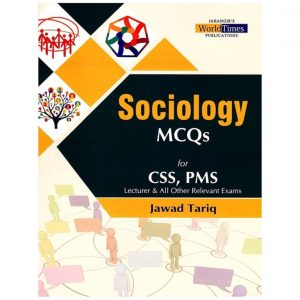
Sociology MCQs CSS & PMS By Jawad Traiq JWT
Title: Sociology MCQs CSS & PMS
Authors: Jawad Traiq
Publisher: Jahangir World Times
Pages: 131
Subject: Sociology
HOW TO BUY ONLINE ? CALL US AT 0726540141 OR CALL/SMS 03336042057
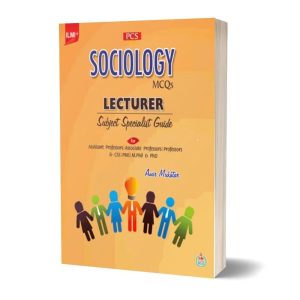
Sociology MCQs Lecturer Guide By Amir Mukhtar ILMI
Sociology MCQs Lecturer Guide by Amir Mukhtar, published by ILMI Kitab Khana, is an invaluable resource for educators, students, and competitive exam aspirants focusing on the field of Sociology. This guide stands out as a comprehensive tool for mastering the … Read More
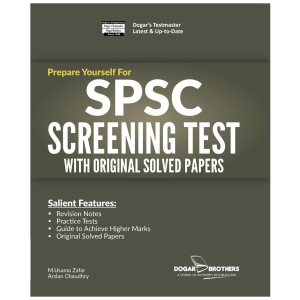
SPSC Screening Test Guide By Dogar
SPSC Screening Test Guide Dogar Brother
Title: SPSC Screening Test Guide
Publisher: Dogar Brothers
Edition 2022
Pages: 368
Subject: SPSC Screening Test
How to Order Online ? Call/SMS 03336042057 – 0726540141
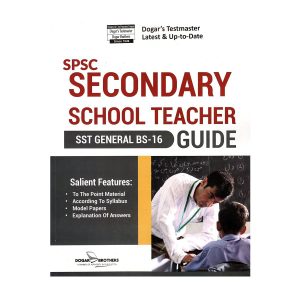
SPSC Secondary School Teacher (SST General BS-16) Dogar
Title: SPSC Secondary School Teacher (SST General BS-16) GuideBook
Publisher: Dogar Brothers
Edition: Latest & Updated
Subject: SPSC School Teacher
How to Order Online? Call or WhatsApp +92 333 6042057
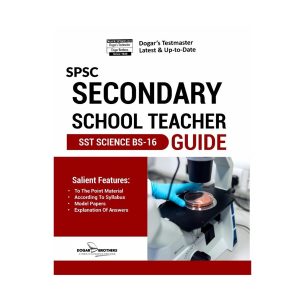
SPSC Secondary School Teacher (SST Science BS-16) Dogar
Title: SPSC Secondary School Teacher (SST Science BS-16)
Publisher: Dogar Brothers
Edition: Latest & Updated
Subject: SPSC School Teacher
How to Order Online? Call or WhatsApp +92 333 6042057
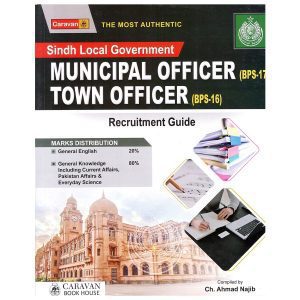
SPSC Sindh Local Government Municipal and Town Officer Guide Caravan
Title: SPSC Sindh Local Government Municipal and Town Officer Guide
Authors: Caravan
Pages:
Publisher: Caravan
Edition: 2022
How to Order Oline? Call/WhatsApp 03336042057 – 0726540141
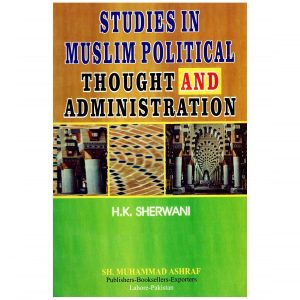
Studies In Muslim Political Thought And Administration By HK Sherwani
Title: Studies In Muslim Political Thought And Administration
Author: HK Sherwani
Edition: Latest
Pages: 279
Subject: Political Science
ISBN: 9694321751
HOW TO BUY ONLINE ? CALL US AT 0726540316 OR CALL/SMS 03336042057
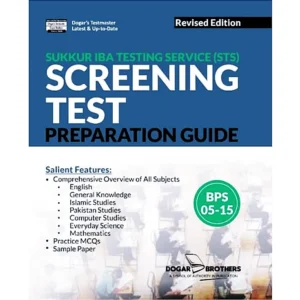
SUKKUR IBA Testing Service (STS) Screening Test Preparation Guide For BPS 5 to 15 By Dogar Brothers
SUKKUR IBA Testing Service (STS) Screening Test Preparation Guide For BPS 5 to 15 By Dogar Brothers
Title: SUKKUR IBA Testing Service (STS) Screening Test Preparation Guide For BPS 5 to 15
Pages:
Publisher: Dogar Brothers
Author: Dogar Brothers
Edition: Latest and Updated
Subject: Sukkur IBA Screening Test
How to Order Online? Call/WhatsApp 03336042057
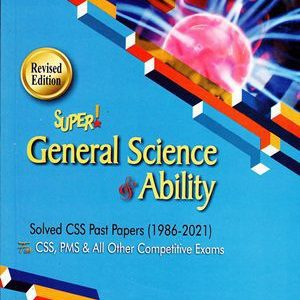
Super General Science & Ability By Agha Shakir and Aamer Shahzad (HSM)
Title: Super General Science & Ability
Authors: Agha Shakir & Aamer Shahzad
Publisher: HSM
Pages: 564
Subject: General Science & Ability
HOW TO BUY ONLINE ? CALL US AT 0726540141 OR CALL/SMS 03336042057
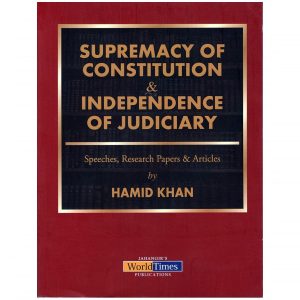
Supremacy of Constitution & Independence Of Judiciary By Hamid Khan JWT
Title: Supremacy of Constitution & Independence Of Judiciary
Author: Hamid Khan JWT
Publisher: Jahangir World Times
Edition: Latest
Pages: 408
Subject: CSS Constitutional Law
How to Buy Online ? Call us at 0726540316 or Call/SMS 03336042057
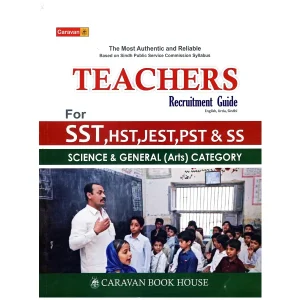
Teachers Recruitment Guide SST General and Science Group
Teachers Recruitment Guide SST, HST, JEST, PST, and SS General and Science Group
Title: Teachers Recruitment Guide Caravan
Pages: 448
Publisher: Caravan Publishers
Edition: Latest and Updated
Subject SST, HST, JEST, PST, and SS
How to Order Online? Call or WhatsApp +92 333 6042057

Teaching of English By Khurram Shahzad KM Literary Series
Title: Teaching of English
Author: Khurram shahzad
Pages: 469
Publisher: KM
Subject: English Literature
HOW TO BUY ONLINE ? CALL/SMS 03336042057
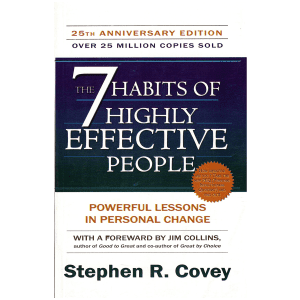
The 7 Habits of Highly Effective People By Stephen R. Covey
The 7 Habits of Highly Effective People By Stephen R. Covey, author Stephen R. Covey presents a holistic, integrated, principle-centered approach to solving personal and professional problems. With penetrating insights and pointed anecdotes, Covey reveals a step-by-step pathway for living … Read More
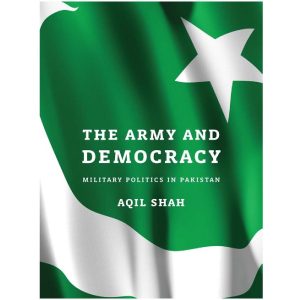
The Army and Democracy – Military Politics in Pakistan By Aqeel Shah
Title: The Army and Democracy – Military Politics in Pakistan
Author: Aqeel Shah
Pages: 436
Edition: Latest and Updated
Subject: CSS PMS Pakistan Affairs and Current Affairs
How to Order Online? Call or WhatsApp +92 333 6042057

The Best of 2022 – Foreign Affairs
Title: The Best of 2022 – Foreign Affairs
Publisher: Council of Foreign Affairs
Pages: 221
Edition 2022 – 23
Subject: Current Affairs and International Relations
How to Order Online? WhatsApp +92 333 6042057

The Closed Valley By Jurgen Wasim Frembgen (Oxford)
Title: The Closed Valley
Author: Jurgen Wasim Frembgen
Pages: 124
Publisher: Oxford
Subject: General
HOW TO BUY ONLINE ? CALL/SMS 03336042057

The Conquest of Happiness By Bertrrand Russell
Title: The Conquest of Happiness
Author: Bertrrand Russell
Pages: 159
Subject: English Literature
HOW TO BUY ONLINE ? CALL/SMS 03336042057

The Corporate Governance Landscape of Pakistan By Sadia Khan (Oxford)
Title: The Corporate Governance Landscape of Pakistan
Author: Sadia Khan
Pages: 245
Publisher: Oxford
Subject: Pakistan Affairs
HOW TO BUY ONLINE ? CALL/SMS 03336042057
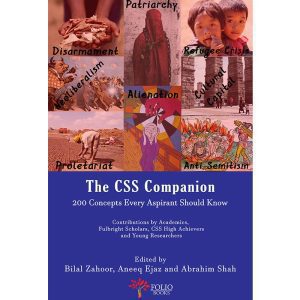
The CSS Companion By Folio Books
The CSS Companion – 200 Concepts Every Aspirant Should Know By Bilal Zahoor, Aneeq Ejaz and Abrahim Shah. “An invaluable volume for the candidates for public service examinations and post-graduate degrees. One of the major requirements for success in CSS and other such competitive examinations is clarity on essential concepts related to social sciences and humanities. This book caters to this imperative and hence a must-read.” Raza Ahmad Rumi (1st position CSS 1994)
Title: The CSS Companion
Authors: Bilal Zahoor, Aneeq Ejaz and Abrahim Shah
Publisher: Folio Books
Pages: 316
Binding: Paperback
How to Order Online? Call/WhatsApp 03336042057 – 0726540141


